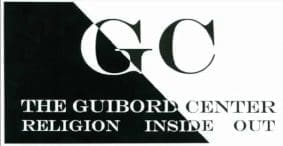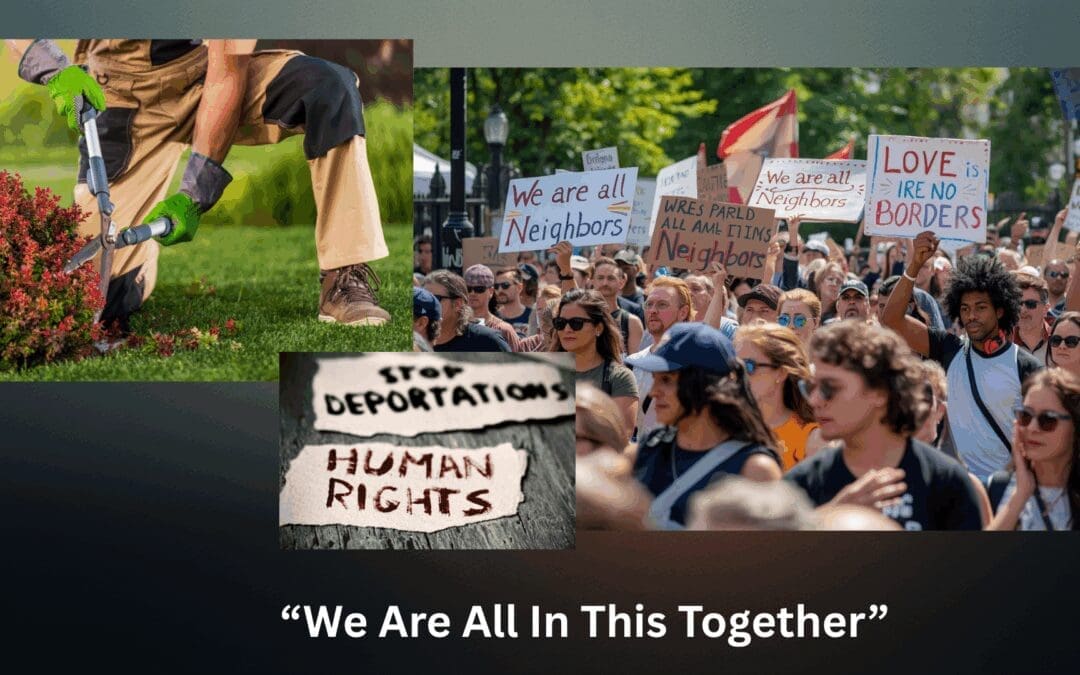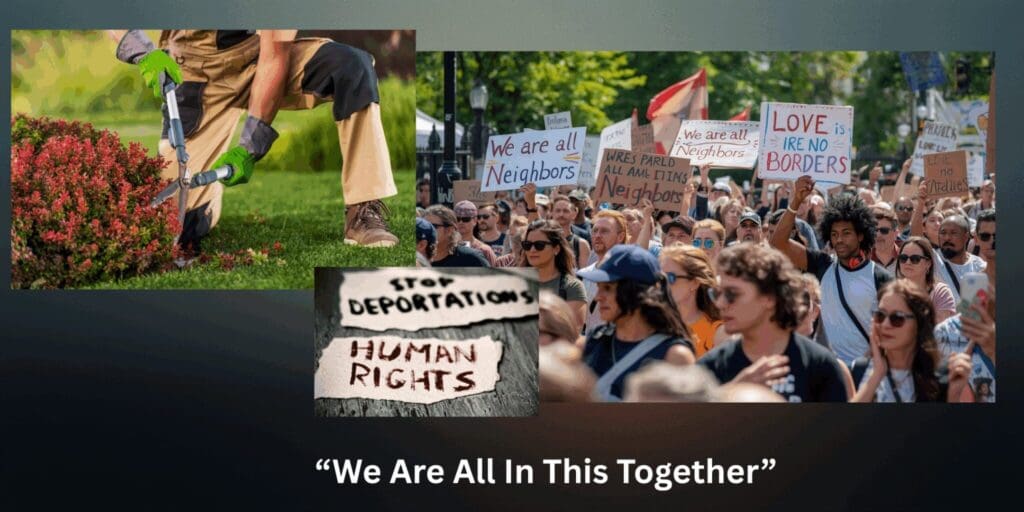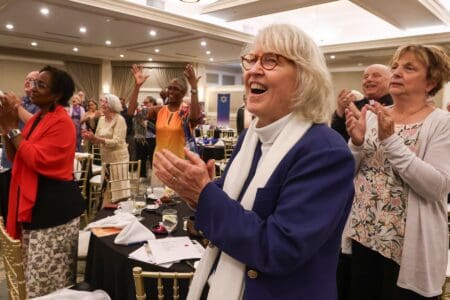His name is José. He is not a murderer or a vicious criminal, not a drug dealer or a trouble-maker,.. heck, as far as I know he doesn’t even have a traffic ticket.
I first encountered him next door, helping my neighbors.
Their yard was an eyesore – so was mine after last year’s storms pushed sea water far inland. All the plants kept dying, and it seemed there was little we could do. But then, day by day, I noticed that the yard next door was beginning to turn green. Flowers bloomed, and suddenly a handsome bamboo fence appeared that shielded the tender new petals from the wind.
One day I heard him raking and I approached to ask if he’d trim a branch that was getting too close to my roof. He smiled and put out his hand. Just then, a young child peeked around the corner shyly. José spoke to the boy gently and then turned to introduce his son and himself. Seeing them together sealed my decision: I had found my new gardener.
He was truly amazing. He worked hard, and things quickly looked better than I had imagined they could. We missed connecting as the days went by, so he called to make sure I was pleased. “Beyond pleased”, I said.
A couple of weeks had flown by when I realized that I hadn’t seen him. I knew he and his wife were busy raising four little ones and working full-time. They had their hands full. Maybe … maybe we’d just missed connecting, I thought, even as I whispered a prayer for his safety.
Three days later, the text appeared. It was from his wife telling me that he had been grabbed off the streets by ICE. They had taken away his phone. It was only now, much later, that she had at last found out where he was and obtained the phone and a way to reach me, finally —and everyone else he worked for or interacted with. But before she could even contact me, she’d had to scramble to get an attorney – and another job!
He was not just “Dad”, he was their major bread-winner. My heart sank as I realized that their rent would soon be due and that there was no way she would have it. It was only two weeks into the month! He hadn’t been paid yet. We all paid him at the end of the month!
Suddenly, it was all on her: Their kids. School. Food. Rent. Doctor’s appointments for the eldest. Getting the bank to release their funds to her so she could pay the bills. Finding and paying an attorney. She apologized: he had asked her to reach out to me right away because I had been so kind, he said, and he didn’t want me to worry, but she had had to get an attorney and the other job first and figure out how to raise the money to pay for all of it!
She had to tell the kids and somehow allay their fears, holding their shattered world together.
My heart broke, for her, for him, for the kids, for the whole cruel, stupid, senseless, man-made catastrophe.
José is not a terrorist. A drug dealer. Or a threat. He is an honorable, hardworking, tax-paying man who, like millions of immigrants before him, including Donald Trump’s grandparents and my own, came to this country seeking a better life for himself and his family.
Now the dream was shattered. The sharp edges slashed through every aspect of their lives. Everyone got hurt. José. His wife. His family. His friends. His community. The bank. The school. His kids’ classmates and teachers. And all of us who counted on his talent and his labor.
All upended- ruined. And for what?
We have to stop this madness, the brutality, the cruelty… innocent lives being utterly destroyed. It has to stop. NOW.
We have been here before as a country, at a time when black bodies were bought and sold and brutalized, used for free labor and counted as less than human.
We were here when healthy young American men – fathers and brothers and uncles and sons – were dumped into a lottery and, when their number came up, sent halfway around the world into a war that ripped their souls as well as their bodies.
We, the people, – you and me – we must stand again against the worst impulses of humanity: greed for money and power in an era of materialism and insatiability, when decency is mocked, truth disregarded, and we, the voters get caught in the bait-and-switch of promises that leave us and too many of our neighbors without health care, or dignity, or food for our children.
So we take to the streets once more in protest, just as we have before. Thousands of us. MILLIONS OF US! We need to be smart. Strategic. Rage won’t get us as far as being cool, smart, humorous, or articulate will. Rage locks both sides into a battle. It feels good, and we certainly need energy to get out there, but hate doesn’t transform; it polarizes.
Martin Luther King, James Lawson, and Bayard Rustin all understood that hate is not nearly as compelling or powerful as love is. “Hey ICE, come on, Brothers, You KNOW better!” is more likely to change hearts than “F_K ICE!” will… still…
As “the People” WE can set the standards: “No Kings” for sure, but also, “Hands off our Neighbors”, “We are ALL in this together!”, “Hate will not make us great!” and all the other wonderful, crazy, creative costumes and slogans that we Americans come up with to laugh down the menace of tyranny – these are what set the standards for how we treat one another.
José is not a terrorist or a drug dealer or a threat.. He’s my friend and my neighbor and, God willing, if I have anything to do with it, may someday soon become an American citizen who serves this country with great love and pride and green yards filled with flowers.













